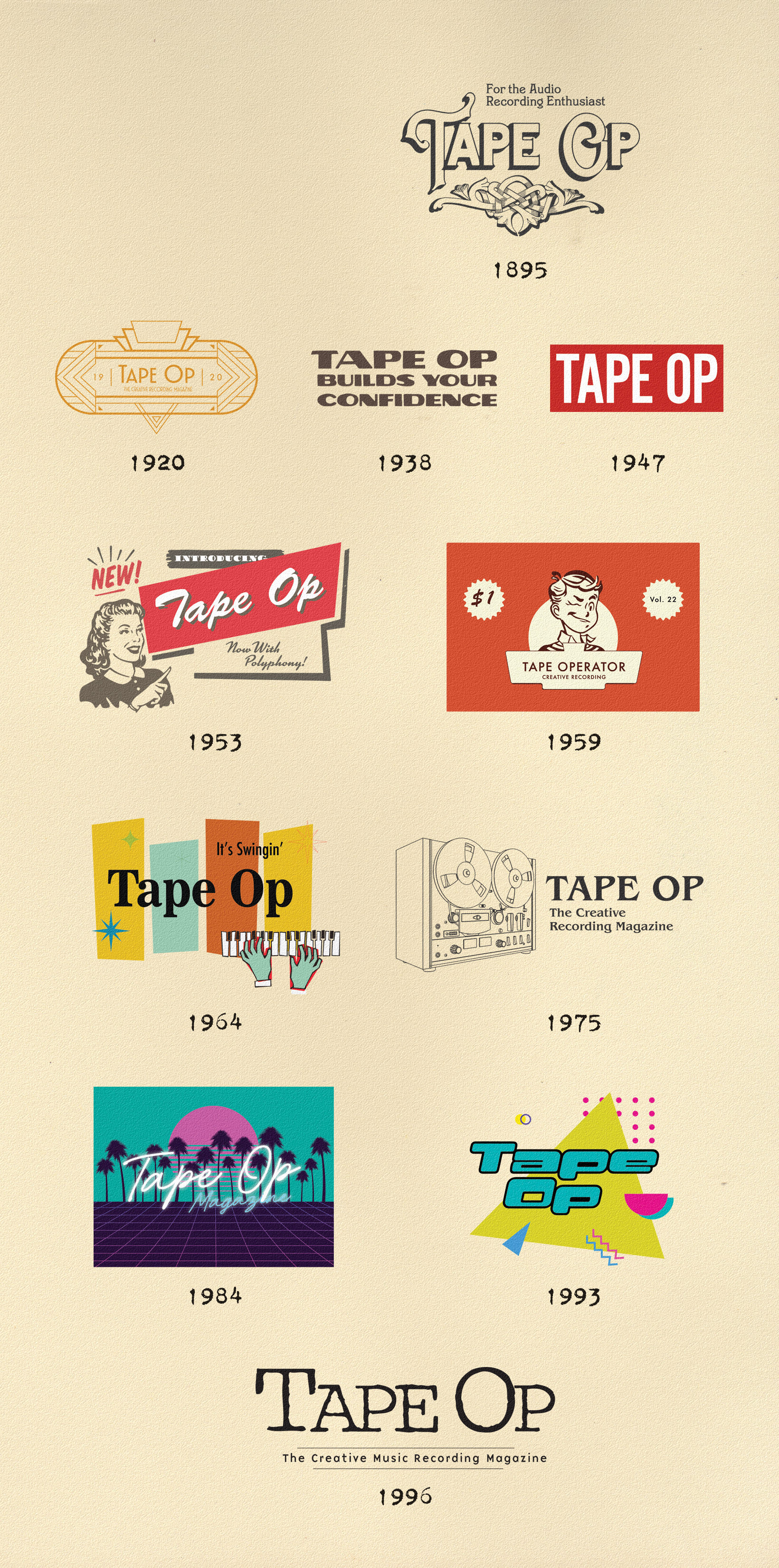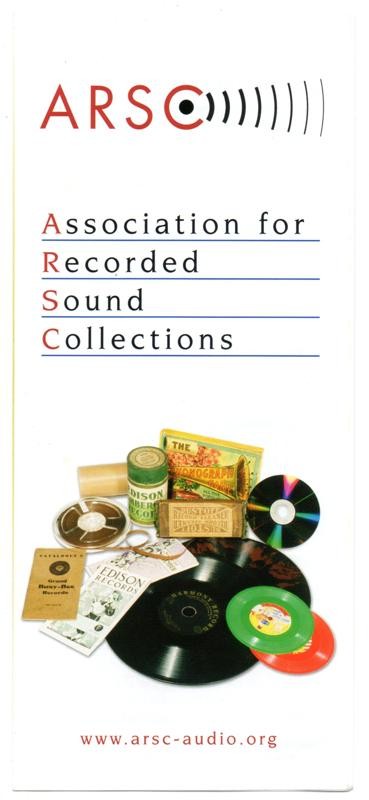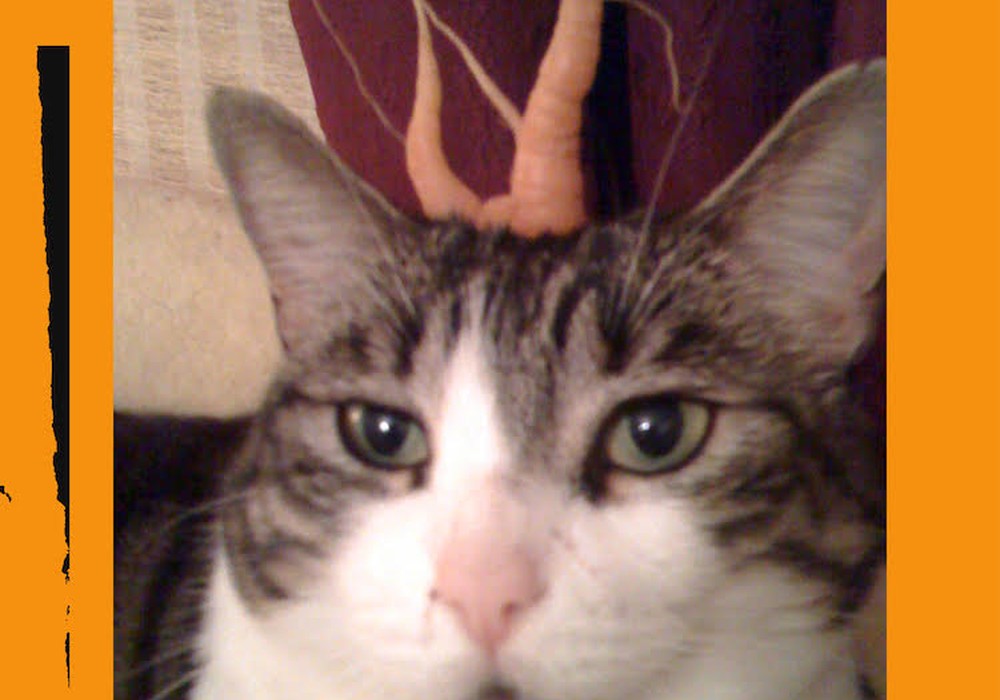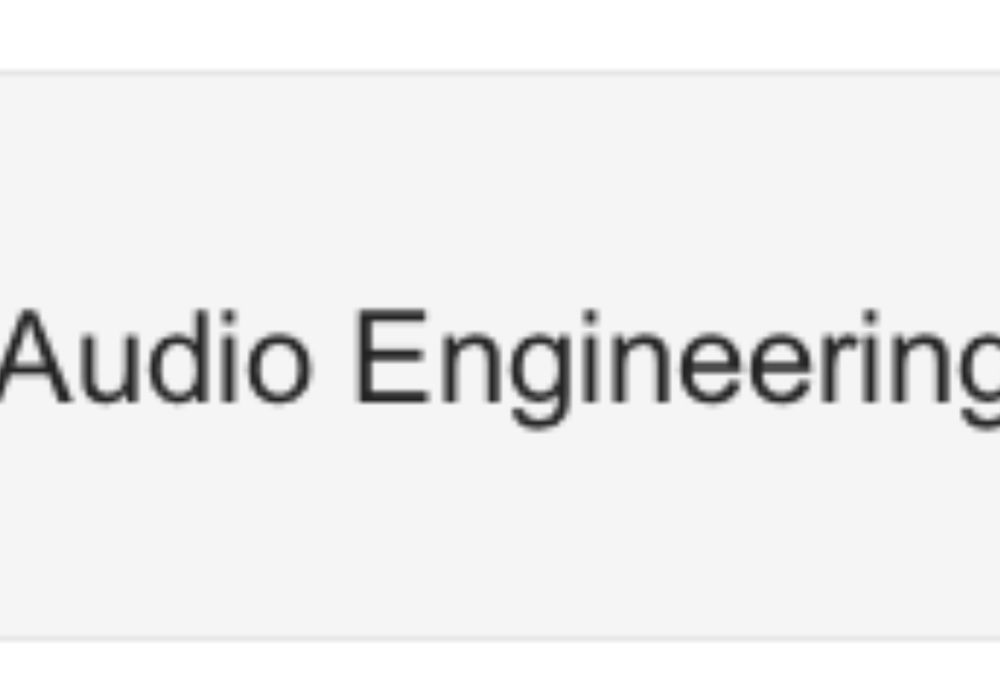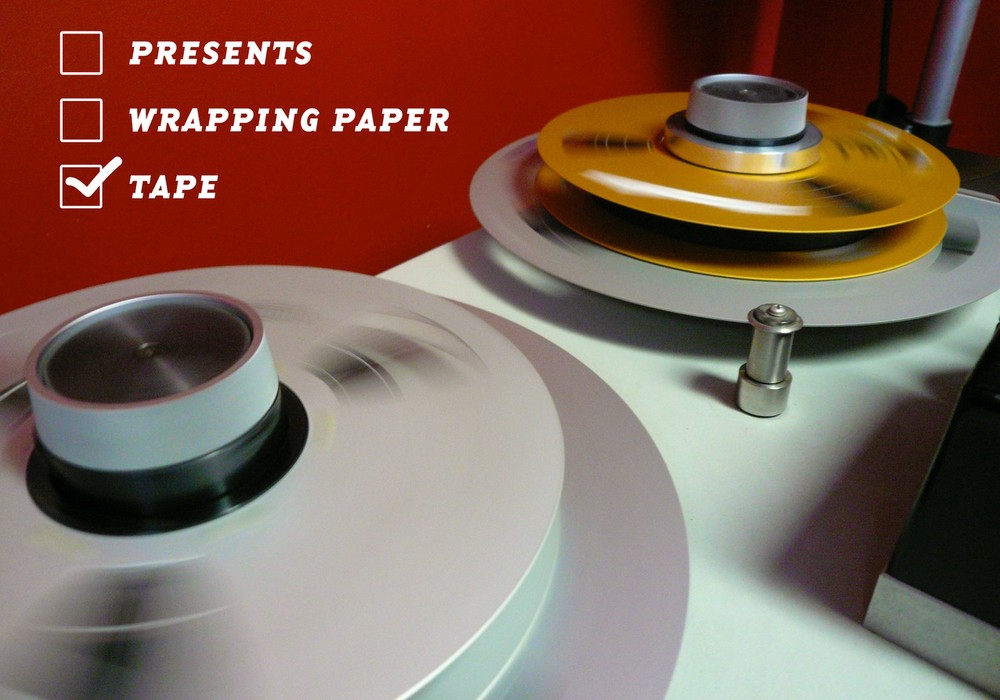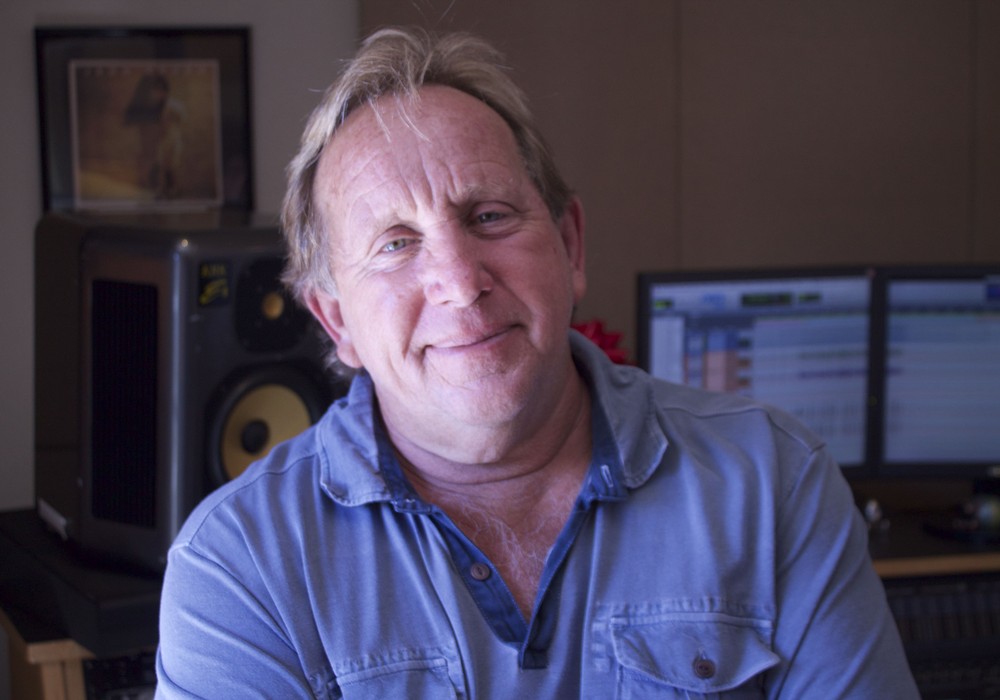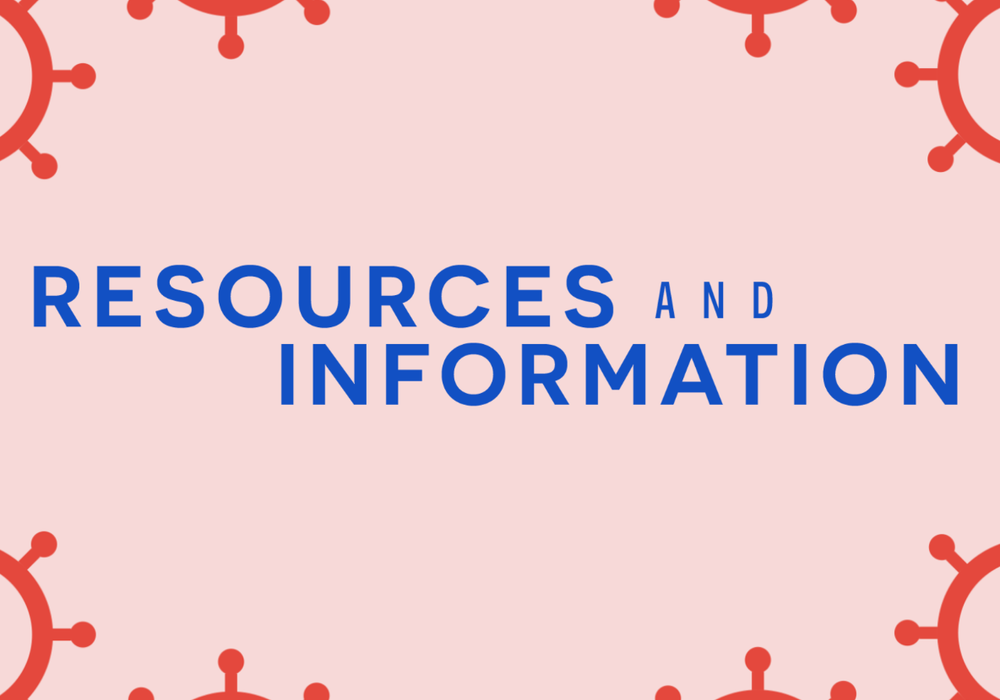We sent intrepid reporter Jeorgia Anderson to cover this fascinating event. -LC
When I read that the Association for Recorded Sound Collections (ARSC) was holding their 45th annual conference in downtown Los Angeles May 11-14, I went to their website to see what the organization was all about. Once I saw the schedule of the program, I knew that I must go. I was surprised that I had never heard of this group until now since I have been attending AES conventions for 30 years, reading the audio trade magazines, and researching phonograph records and collections. By visiting their website, you can listen to past conferences for free, and order recordings of their presentations and printed journal, as well as become a member of their non-profit organization.
The event started with a reception on Wednesday night. It was great to be in a room with only a few hundred people who were all incredibly friendly and available for conversations. ARSC brings professionals, academics, and private individuals together to share their interests in all genres of recorded sound. They also admitted that they liked to have fun. I was surprised to learn that most of the people I talked to had never heard of Tape Op magazine. Unlike the AES gatherings, these people are less gear and more content focused, passionate about the music, spoken word, cultural significance, and preservation of sound materials. And they do like to have fun.
The conference had more than 45 presentations over three days and many were concurrent so I had to choose between radio legends, spoken word, music from cowboy, country, jazz, rock, blues, and technology including cataloging, records, cylinders, and digital migration options. Being familiar with the legacy technology already, it was great to know what these experts were talking about as they revealed their myriad discoveries. There is an endless supply of material if you are interested and the members of ARSC are the ones to ask to find out the esoteric details. The gathering was small enough that every panelist and attendee was available to speak with after their program.
The US Library of Congress presented several panels and seem to be the leaders since 1800 in archiving materials. The Federal Government thankfully has provided them with a budget and facilities where they can still take donations of massive quantities of materials, catalog, and preserve them. The recent launching of the online National Jukebox was a tremendous project that the LC has been working on for over two years. The process of storing, cleaning, transferring and digitizing 78rpm discs issued by the Victor Talking Machine Company between 1900 and 1925 and making an online database available for free to the public was detailed. Over 10,000 acoustically recorded sides are now online streaming for you to listen to and search in their database. The labels on the records have been scanned so that you can really see everything from the actual disc. I knew I was hard core as I sat in the room listening to noisy scratchy ancient recordings with fellow bin diggers who relish this stuff. Listen here.
The UCLA Ethnolmusicology Archive, as host of the conference, had several panels and revealed the scope of their collections including their archives of A&M Records, CBS film and television, and composers Vic Mizzy (Addams Family) and producer Dan Curtis (Dark Shadows). UCLA has 50,000 discs and 600,000 pieces of sheet music and Warner Bros. gave them 500 boxes of silent film music. Producers of the new version of the television show Hawaii Five 0 found it cost effective to pull the original music from the UCLA archive rather than create new tracks for the series. Independent labels are also able to license reissues of material and pull from these incredible source elements to use for mastering.
Most corporations today that hold collections of tapes, discs, and paper cannot find it in their budgets to pay for storage of these materials so it is great that the Library of Congress and UCLA can take these massive archives and preserve them. The work of cataloging and digitizing and making them available for research or reissue is a never ending pursuit. Caring about these artifacts of our culture from the past is necessary. If you know of any materials that someone is throwing out, trying to sell, or just doesn't know what to do with, contact the LC or UCLA. But organizing, labeling, and properly storing all the new creations that you are making today is critical to making them available in the future. Everyone loves to write, record, release, but please also back up, preserve, document, and label your creations. Ideal storage for tape is 65 degrees F with 35 per cent relative humidity. Many tapes that may have sticky shed syndrome playback fine and cure themselves if stored in these conditions for six weeks without baking. There also seems to be tremendous amounts of material on audio cassette tape and a study done at Harvard and Columbia revealed that 50% of these cassettes never had their safety tabs popped !
Unlike the massive institutions, the Zappa archive is private with a skeleton crew as revealed by Gail Zappa, Frank's wife, and her archivist Joe Travers. Frank Zappa's studio, named The Utility Muffin Research Kitchen, is not baking muffins but actually has an oven to bake tapes that need to be played back. Frank Zappa was always on the edge of technology, employing instruments and machines that were often prototypes and most are now obsolete. Without the budgets of colleges or government agencies, these brave pioneers are on their own pulling from Frank's massive collection of tapes, discs, films, synthesizers, and papers. While attempting to make new releases for the fans available, their daily struggle is with maintaining the tape and video machines that they must use to get the recordings transferred. Technicians that can find parts and repair tape machines can contact Joe Travers at vaultmeister@zappa.com. Especially needed is a genius who can retrieve tracks from a Synclavier 9600. Regardless of technical difficulties, the Zappa archive will continue to discover and release Frank Zappa's creations in the future, including rare live performances and films.
The final event of the conference included the live performance of a Norman Corwin 1945 radio drama titled "The Undecided Molecule" by actors onstage with live sound effects by Tony Palermo. I don't think anyone on the stage was under the age of 80, with Norman Corwin himself 101 years of age in attendance. The performers delivered an amazing show, with actress Janet Waldo still sounding like the teenage spacegirl Judy Jetson that she played on the 1960's TV series. The crowd loved the show and gave the performers a standing ovation at the end. Thank you to Brenda Nelson-Strauss for providing me with a pass to the event. Tape Op readers should explore ARSC and ARSC members should get their Tape Op subscriptions now.
Jeorgia_Anderson@yahoo.com Jeorgia Anderson is a recording artist and analog blonde fascinated by obsolete media.
